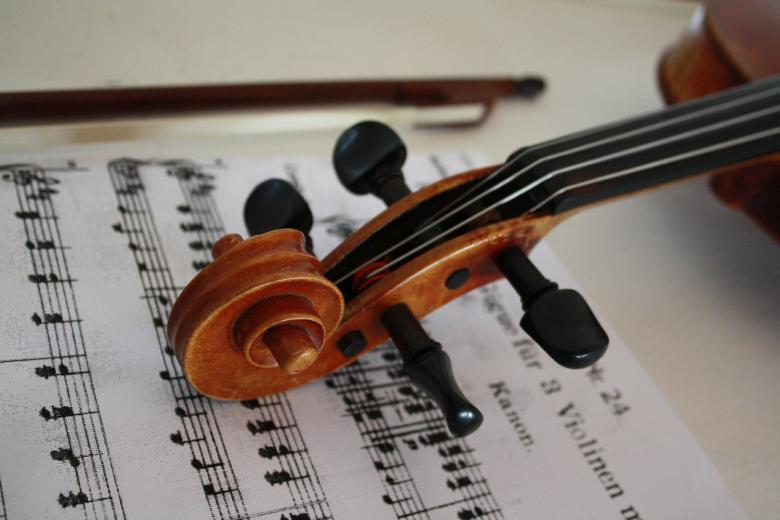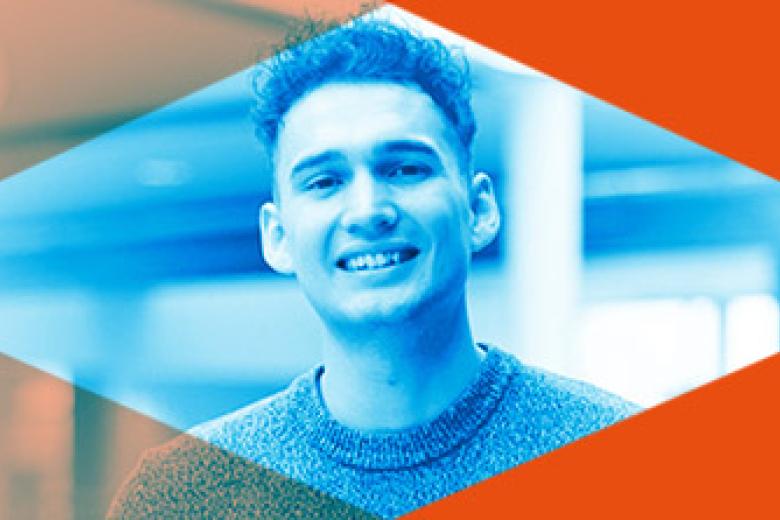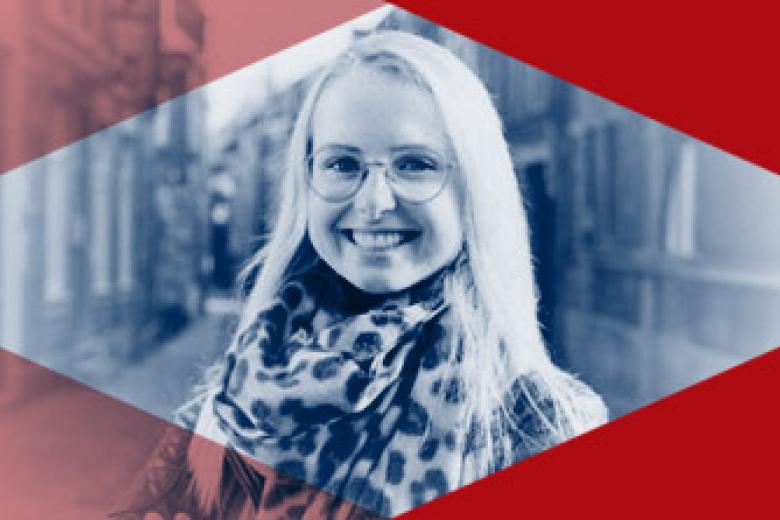Registration - Morning Programme
International Conference on Auditory Cortex
We will host the 8th ICAC in Maastricht, 14-18 September 2025. Visit the conference website here.
AuditoRy Cognition in Humans and MachInEs (ARCHIE)
A bird chirping, a glass breaking, an ambulance passing by. Listening to sounds helps recognizing events and objects, even when they are out of sight, in the dark or behind a wall, for example. Despite rapid progress in the field of auditory neuroscience, we know very little about how the brain transforms acoustic sound representations into meaningful source representations. In this research line, we develop neurobiologically-grounded computational models of sound recognition by combining advanced methodologies from information science, artificial intelligence, and cognitive neuroscience.
Examples of ongoing projects include:
- "Sounds" ontology development (in collaboration with prof. M. Dumontier’s IDS): “Sounds” is an ontology that characterizes a large number of everyday sounds and their taxonomic relation in terms of their acoustics, of sound-generating mechanisms and semantic properties of the corresponding sources.
- Deep neural networks (DNNs) development: We are developing ontology-based DNNs, which combine acoustic sound analysis with high-level information over the sound sources and learn to perform sound recognition tasks at different abstraction levels.
- Cognitive Neuroimaging of sound recognition in humans: We measure behavioral and brain (sub-millimeter fMRI, iEEG, EEG, MEG) responses in human listeners as they perform sound recognition tasks. Then, we evaluate how well DNN-based and other models of sound processing explain measured behavioral and brain responses using state-of-the-art multivariate statistical methods.
Principle investigator
This research line is directed by Elia Formisano, Maastricht University (funding: NWO Open Competition SSH, Aud2Sem) and Bruno Giordano, Institut de Neurosciences de La Timone (funding: ANR AAPG2021, SoundBrainSem project) in close collaboration.
Auditory Plasticity in Health and Disease
The focus of the research line auditory plasticity in health and disease is to study rapid and long-term changes in sound processing in the human brain. These changes may be adaptive (such as in attention and learning) or maladaptive, such as those underlying tinnitus. We take a systems biology approach to study these changes. That is, we combine data across spatial scales (e.g. ultra-high field MRI data, genetics) with computational modeling to answer our research questions.
Principle investigator
Michelle Moerel
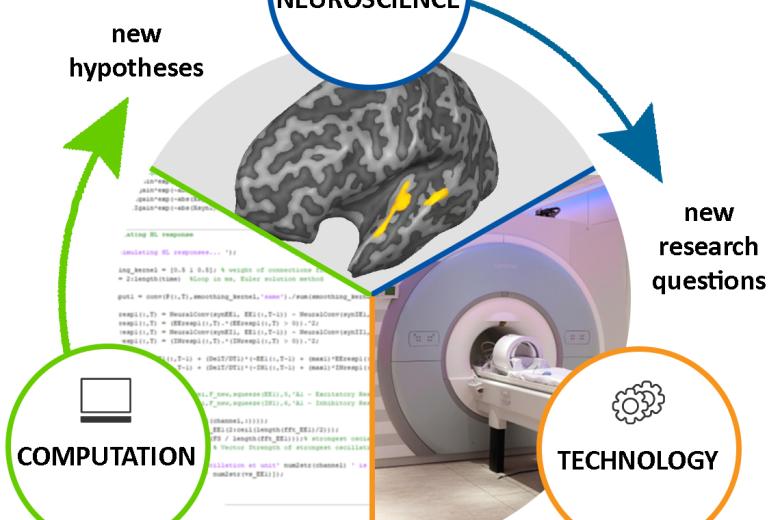
Cortical Correlates of Listening to Naturalistic Sounds
The focus of Cortical Correlates of Listening to Naturalistic Sounds is investigating the brain processes underlying the listening of natural sounds like speech and music when presented in isolation and – as often the case – simultaneously with other sounds. We measure brain activity with high-field fMRI, EEG and their combination while participants listen to such natural sounds and perform listening tasks. This complementary set of data is analysed using multivariate decoding and encoding approaches (like MVPA, speech tracking). This line of research spans topics like auditory scene analysis, the fate of non-relevant or unattended sounds and their dependency on listening demand. With this approach, we hope to better understand how the human brain supports its unique listening capabilities in close to real-life settings.
Keywords: auditory scene analysis, selective attention, naturalistic sounds, high-field fMRI, EEG, multimodal imaging (EEG-fMRI), stimulus reconstruction, sound/stimulus tracking, decoding, encoding, speech, music
Principle investigator
Lars Hausfeld
meSoscopic Computational AuditioN lab (SCAN)
In our lab, we aim to understand how feedforward and feedback processing allows our brain to extract information from sounds. A particular focus is on how and where along the auditory pathway these processes contribute to forming predictions of what we are going to hear next. To understand the computations carried by cortical layers and columns as well as subcortical structures, we develop approaches using a variety of methods. We use mathematical and computational models of auditory perception to form hypotheses about the algorithms carried out by neural populations.
We develop computational neuroimaging tools to link these models to measures of brain activity. To achieve the necessary spatial and temporal resolution to study these computations, we exploit the high spatial resolution afforded by ultra high magnetic field functional imaging (fMRI) and the high temporal resolution attainable with non-invasive approaches such as electroencephalography (EEG) and magneto-encephalograpy (MEG). These approaches are geared to understand behaviour, which we study with auditory psychophysics.
Principle investigator
Federico De Martino
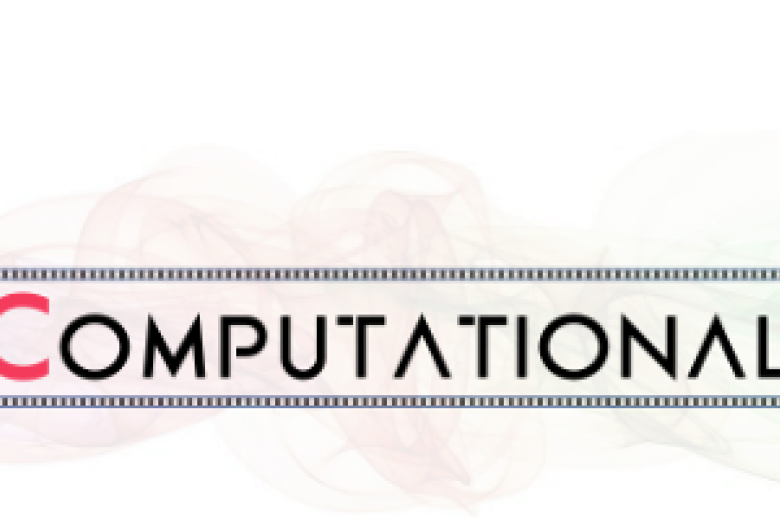
Multisensory Integration and Modulation (MIM)
The primary goals of the Multisensory Integration and Modulation (MIM) lab are to:
- Control human brain activity with sensory and electrical stimulation, and
- Utilise this control to:
- Identify brain-activity patterns underlying specific sensory, cognitive, and motor functions
- Support these functions in health and disease
We pursue these goals using a multi-methodological experimental approach that combines multisensory (auditory, tactile, and visual) and non-invasive electric (transcutaneous and transcranial) stimulation with simultaneous measurements of behavior (psychophysics and subjective reports) and brain activity (electroencephalography, functional near-infrared spectroscopy, and functional magnetic resonance imaging). We apply this approach in healthy participants and patients with disorders of consciousness.
Principle investigator
Lars Riecke
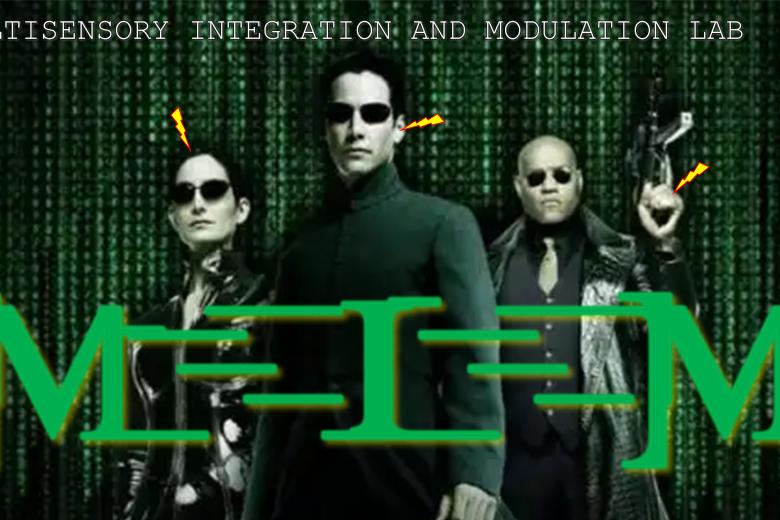
Statistical Modelling and Machine Learning for Neuroimaging data
The focus of this research line is to aid and improve neuroscientific investigation developing and leveraging advanced statistical and machine learning models.
The use of complex data, such as those obtained with fMRI and electrophysiological data, poses several methodological challenges with respect to modelling, analysis and interpretation. It is therefore of great importance to use analytical approaches that can account for such complexity and correctly and efficiently extract information. In this research line, we focus on the tailoring and optimization of machine learning models, including but not limited to Deep Neural Networks, to extract information from neuroimaging data and to test hypotheses. To this avail, we employ both parametric models, with particular emphasis on Bayesian models, and non-parametric models, with emphasis on permutation and randomization tests.
Principle investigator
Giancarlo Valente
Section members
- Michele Esposito
- Agustin Lage Castellanos
Alumni
- Niels Disbergen
- Mario Archila Melendez
- Michele Svanera
-
Research lines
-
AuditoRy Cognition in Humans and MachInEs (ARCHIE)
-
Auditory Plasticity in Health and Disease
-
Cortical Correlates of Listening to Naturalistic Sounds
-
meSoscopic Computational AuditioN lab (SCAN)
-
Multisensory Integration and Modulation (MIM)
-
Statistical Modelling and Machine Learning for Neuroimaging data
Members
Current members
- Andra Elvika (secretary)
- Elia Formisano (Full professor)
- Federico De Martino (Full professor)
- Fren Smulders (Associate professor)
Giancarlo Valente (Associate professor)
- Jorie van Haren (PhD Student)
- Lars Hausfeld (Assistant professor)
- Lars Riecke (Associate professor)
- Lidongsheng Xing (PhD Student)
- Lonike Faes (PhD Student)
- Mahdi Enan (PhD Student)
- Michele Esposito (PhD Student)
- Michelle Moerel (Associate professor)
- Maria de Araújo Vitória (PhD Student)
- Min Wu (Postdoc)
- Xueying Fu (PhD Student)
Alumni
- Agustin Lage Castellanos (Postdoc, -2024)
- Isma Zulfiqar (Postdoc, -2023)
- Miriam Heynckes (PhD, -2022)
- Merel Burgering (PhD, -2021)
- Martin Havlicek (Assistant professor, -2020)
- Niels Disbergen (Phd, -2020)
- Shruti Ullas (Phd, -2020)
Vittoria De Angelis (Phd, -2019)
- Martha Shiell (Postdoc, -2019)
Valentin Kemper (Postdoc, -2019)
- Julia Erb (Postdoc, -2019)
- Omer Faruk Gulban (Phd, -2018)
- Xu Chen (Postdoc, -2018)
- Kiki Derey (Phd, -2017)
- Sanne Rutten (Phd, -2017)
- Jessica Thompson (Phd, -2016)
- Emily Allen (Phd, -2016)
- Roberta Santoro (Phd, -2015)
- Noël Staeren (Phd, -2014)
- Anke Ley (Phd, -2013)
- Nick Kilian-Hütten (Phd, -2012)
- Aline de Borst (Phd, -2011)
- Hanna Renvall (Postdoc, -2008)
Auditory Perception and Cognition publications
Experience Maastricht
Being present in Maastricht gives you a rich 'Maastricht experience'. It enables you to:
- meet fellow students and tutors/mentors in person to facilitate smooth interactions,
- collaborate and discuss intensively with your fellow students,
- experience the atmosphere on campus, where everything is done to provide you with a safe and hygienic learning environment,
- participate in (small-scale) activities of study associations,
- socialise with your fellow students individually or in a sorority/fraternity,
- live in a lively, beautiful, international (student) city, where everything is accessible on foot or by bike and you are not dependent on public transport.
Safety in times of corona
The Dutch government is making a strong appeal to the common sense and responsibility of our citizens in fighting the crisis: Together, we’ll get coronavirus under control in the Netherlands. On the website of the Government of the Netherlands you can find information about what the Dutch government – together with other organisations – is doing. You can check out the current roadmap of measures against coronavirus, FAQs on health, read about the education sector and many more topics.
Student life in Maastricht
To get your academic year off to a good start, various introductory events are being organised. The two most popular events in for Maastricht are the INKOM (focused on student life) and the FHML introduction days (focused on education). Besides introductory events, you can expect to find information about student associations, UM Sports and the one-stop-(information)shop for all international students!
INKOM
The INKOM is the general introduction week of Maastricht for all new students of Maastricht University and Zuyd University of Applied Sciences. INKOM is a typical Dutch student life introduction, a cooperation of uni students and study assocations, focused on the student life not on the content of the educational programmes. Given the current COVID-19 crisis, INKOM 2021 will take place as a partly digital and partly physical event. But... don't worry! We are working hard to make INKOM 2021 a great edition! Block 16-20 August if you want to join the INKOM 2020. Registration opens on 28 June. Do you want the latest updates? Then follow @INKOMmaastricht on social media!
Faculty Introduction
During a one-day Faculty Introduction at the end of August, you will get to know the faculty FHML, the health campus and your fellow students. Everything is organised in such a way that it is corona-proof. The activities on that day - such as a lecture and games - are on campus. And for the whole day you will be partnered up with the students of your tutorial group, so you know each other already when education kicks of.
Study associations
At FHML, there are several study associations. As a member of a study association everything is possible, but nothing is mandatory.
At the study associations you can:
enjoy lots of activities with your fellow students;
receive discount on books and study materials;
get exam training and study support;
attend lectures and workshops focused on your study programme and career;
help to improve the educational system.
Health Sciences
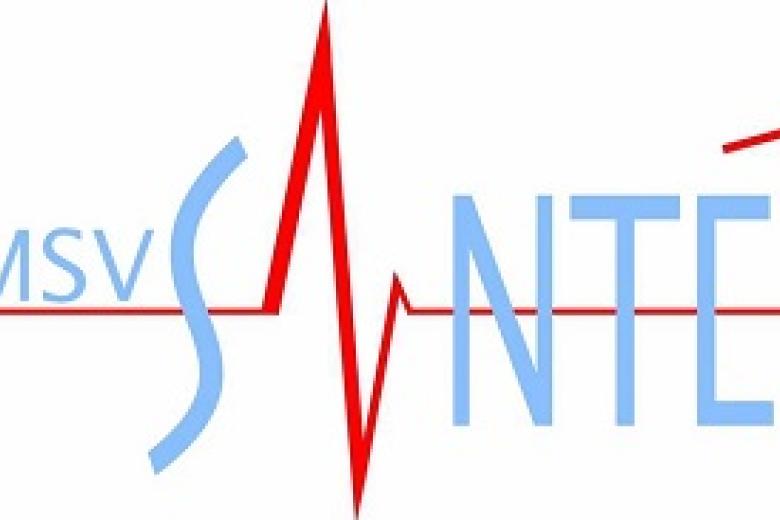
European Public Health
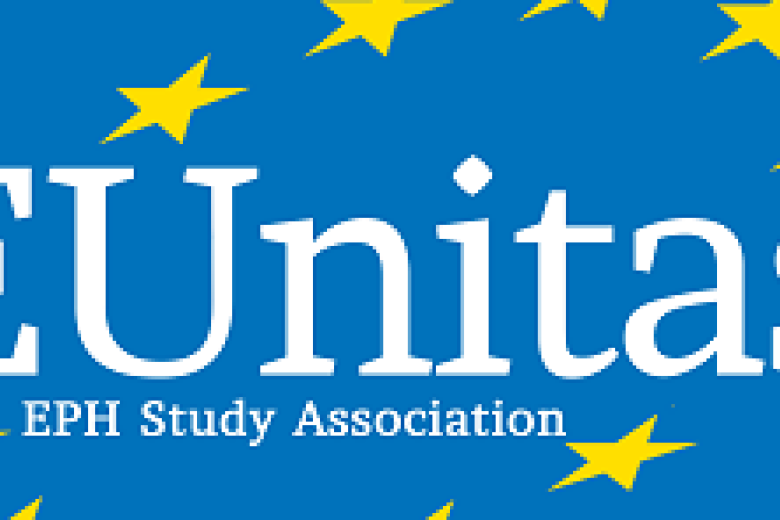
Biomedical Sciences
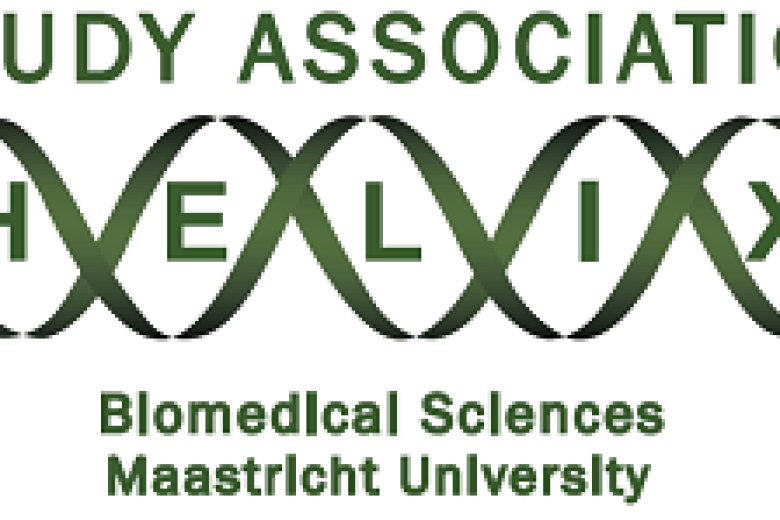
Medicine
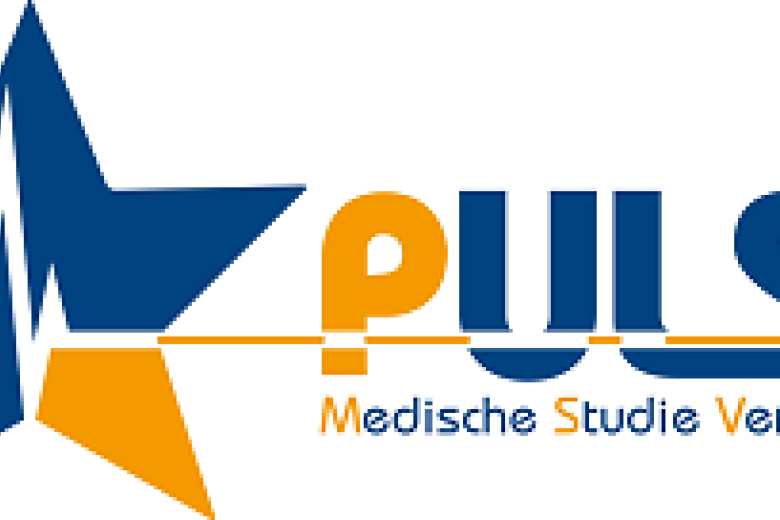
Arts - Klinisch Onderzoeker
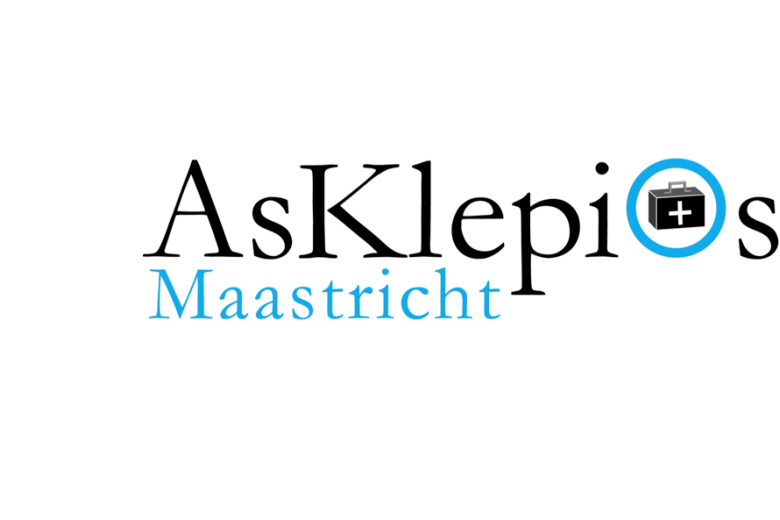
One-stop information platform for international students
Are you an international student who is planning to come to Maastricht in August? And are you looking for information regarding Health, Transport, Housing and Finances as well as Sports, Media and Community in Maastricht? Then Mymaastricht is the place for you! Mymaastricht.nl is the one-stop information platform to help international students find their way in the city. They reach students via their website, blog and social media, as well as by running workshops during the University open days. Mymaastricht works with the University and the "Gemeente" (the local municipality) to help give students the best start to their life in the city.
Questions?
Do you have any questions or would you like to chat with one of our student ambassadors?
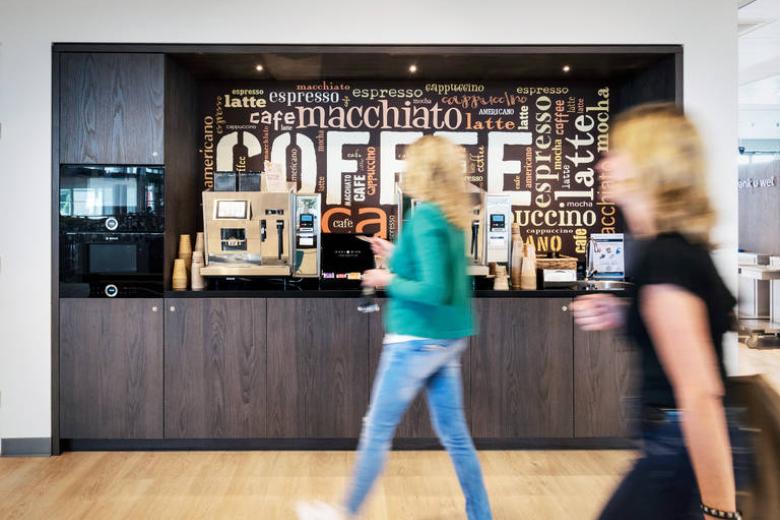
Stay up to date
Would you like to stay informed about all the topics discussed here?
Get our full infopack
(including monthly updates)
Follow us on Instagram
Follow us on Facebook
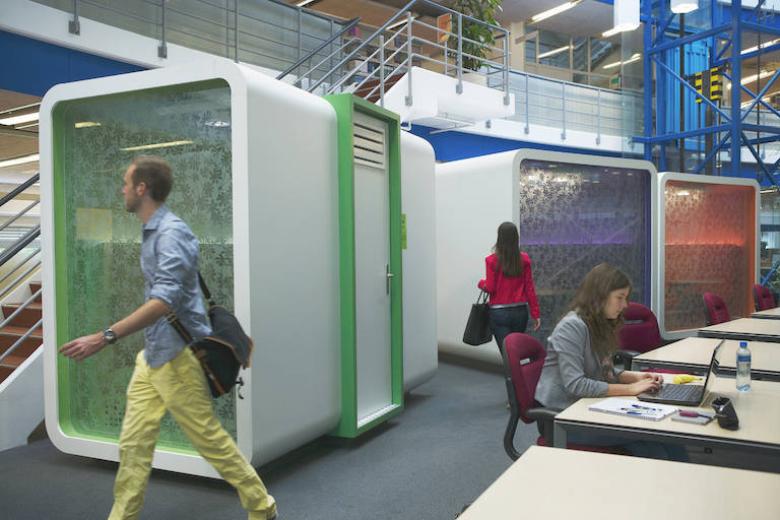
More about online education
Would you like to know more about how UM deals with online education and what that means for our students?
We hope to welcome you
Study in Maastricht
Online education at UM
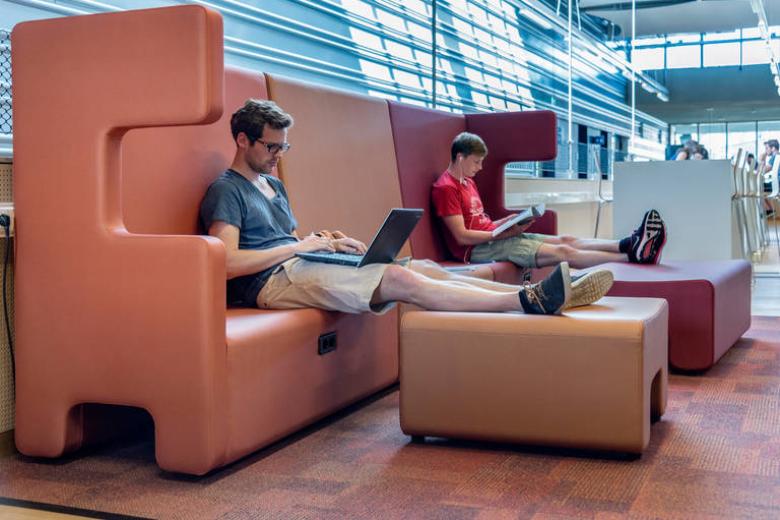
Wednesday 21 April 2021
Session 1a Musicians of the Future
Moderator: Joachim Junghanss, Conservatorium Maastricht, the Netherlands
Becoming a classical musician of the future: the effects of training and experience on performer attitudes to innovation
Speakers: Stephanie Pitts, University of Sheffield, UK; Karen Burland, University of Leeds, UK; Tom Spurgin, Manchester Collective, UK; Adam Szabo, Manchester Collective, UK
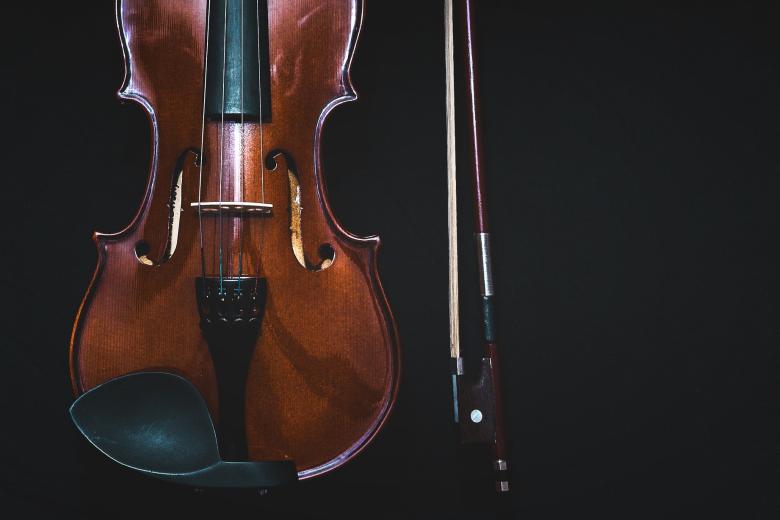
Session 1b Future Performance formats
Moderator: Denise Petzold, MCICM, the Netherlands
Experiences of live vs online performance
Speaker: Michelle Philips, Royal Northern College of Music, UK
Audience Experience in Film-with-Live-Orchestra Concerts: Towards a Theory of Liveness
Speaker: Sureshkumar P.Sekar, Royal College of Music, UK
Classical Music and Contemporary Visual Art: Innovative Performance and Listening in the Works of the Artist Anri Sala
Speaker: Noga Rachel Chelouche, Tel-Aviv University, Israel
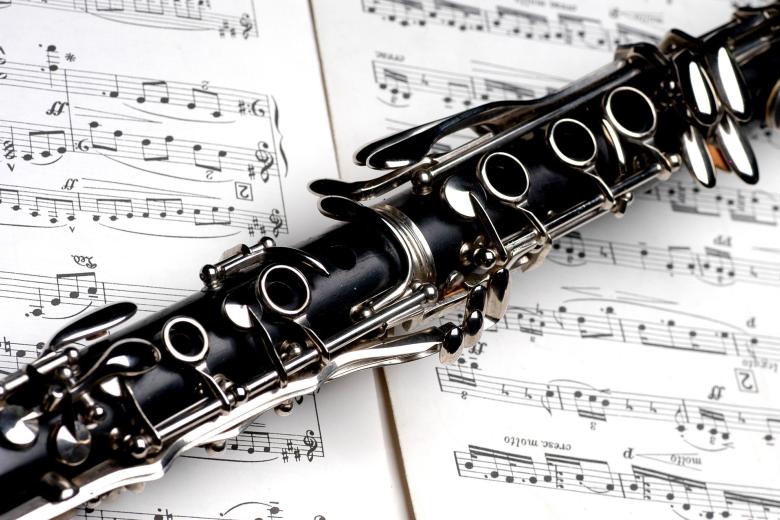
Session 2a Musicians and Professional Development
Moderator: Peter Peters, MCICM, the Netherlands
Orchestrating Positive Change Leaders on (and off) Stage: supporting the best to become even better
Speakers: Jane Booth, Guildhall School, UK; Trudy Wright, Guildhall School, UK
The Rise of the Individual: Leveraging Social Currency and Personal Branding in the Future of Classical Music
Speaker: Jenny Maclay, Brandon University, Canada
Meaningful Music in Healthcare: Classical musicians inside hospital wards
Speaker: Krista de Wit, Prince Claus Conservatoire, Hanze University of Applied Sciences Groningen, the Netherlands
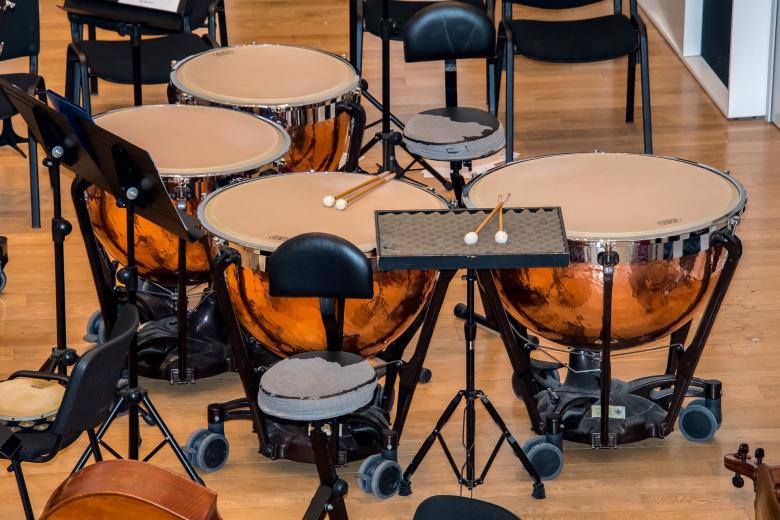
Session 2b Curation and Concert Formats
What Could Curatorial Practices Mean for the Future of Classical Music?
Speakers: Ed McKeon, Goldsmiths University of London, UK; Brandon Farnsworth, Zurich University of the Arts, Switzerland; Mirjam Zegers, ArtEZ, the Netherlands; Annemarie Reitsma, ArtEz, the Netherlands

Keynote lecture
Moderator: Stefan Rosu, philharmonie zuid, the Netherlands
Producing futures: how futures matter in the present
Harro van Lente, Maastricht University, the Netherlands
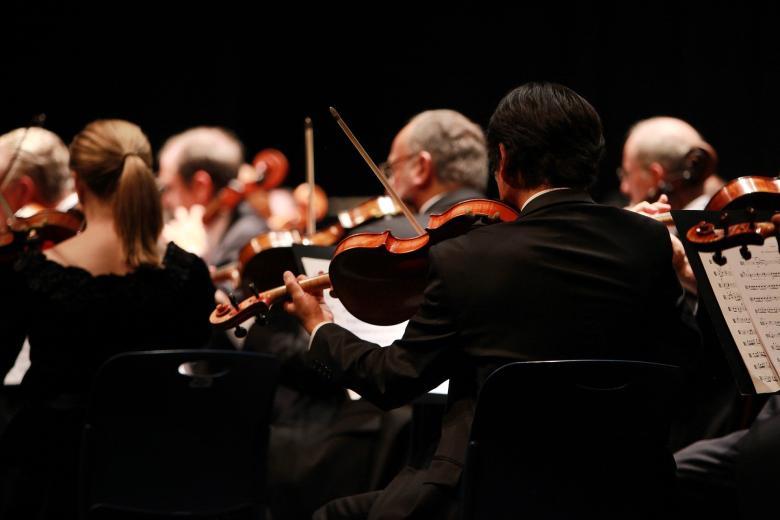
Thursday 22 April 2021
Session 3a The Promise of Technology
Moderator: Ties van de Werff, MCICM, the Netherlands
Artificial Intelligence and the Orchestra
Speaker: Robert Laidlow, Royal Northern College of Music, UK
Gameful Music Performances for Smart, Inclusive, and Sustainable Societies
Speakers: Micha Hamel, Royal Academy of the Arts, the Netherland; Annebeth Erdbrink, Delft University for Technology, the NetherlandsRemote Collaboration: Communication, Creativity, and Latency
Speaker: David Cotter, University of Cambridge, UK
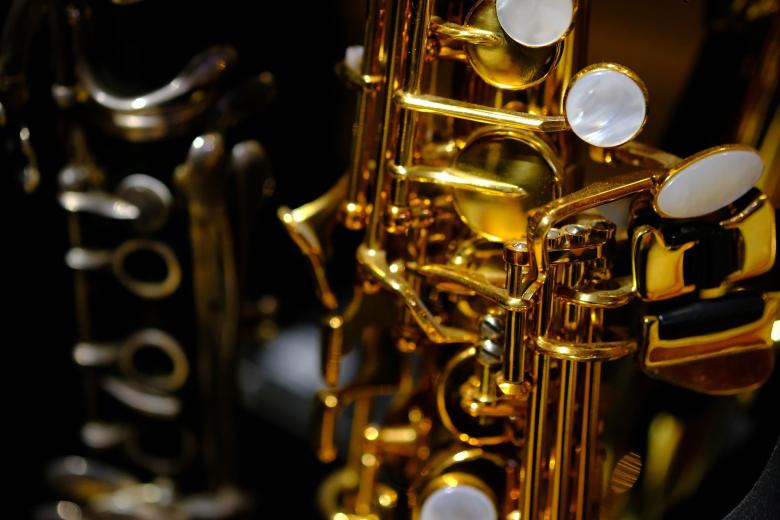
Session 3b Opera Futures
Moderator: Joachim Junghanss, Conservatorium Maastricht, the Netherlands
Händel goes Tinder: Reimagining opera for a 21st-century audience
Speakers: Channa Malkin, OperaBitchesand Stichting Gooisch Klassiek, the Netherlands; Anastasia Kozlova, OperaBitchesand Stichting Gooisch Klassiek, the Netherlands
“Alice in the Pandemic” An opera for the Pandemic and the Promise of New Possibilities
Speakers: Cerise Jacobs, Founder, Creator and Librettist, Producer, White Snake Projects; Jorge Sosa, Composer and Electronic Sound Artist; Tianhui Ng, Conductor and Music Director
The Fish’s Letters: A Facebook-Opera?
Speaker: Maia Sigua, VanoSarajishvili,Tbilisi State Conservatoire, Georgia
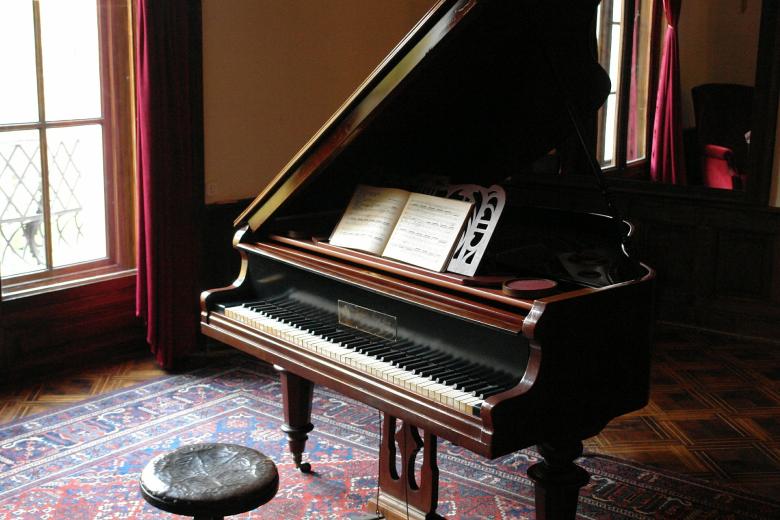
Session 4b The Future of the Concert Hall new
Moderator: Neil Smith, MCICM, the Netherlands
Monsieur Croche -Concerts at Eye Level
Speaker: Tal Walker, Royal College of Music, UK
Creating futures: the shifting practice of the Composer-performer in the Lockdown era
Speaker: Josh Spear, Norwegian Academy of Music, Norway
SaffronHall Faces the Future
Speakers: Angela Dixon, CEO Saffron Hall; Barry Ife, Chairman of the Saffron Hall Trust
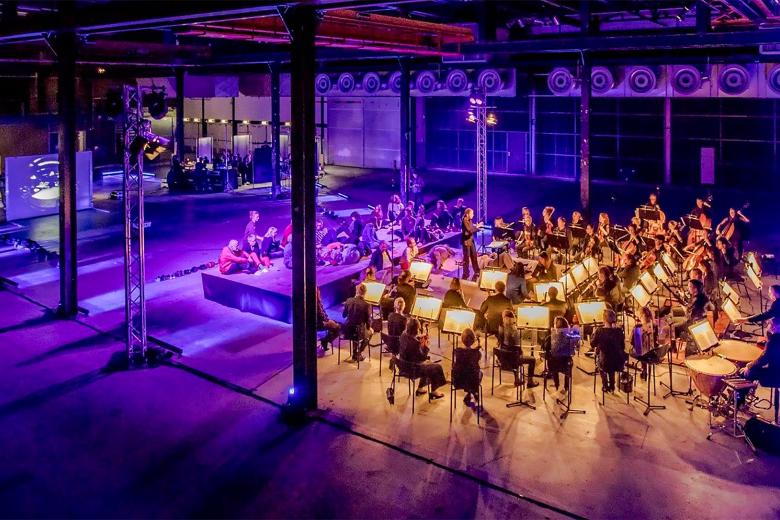
Session 5b Politics and Inclusion
Moderator: Peter Peters, MCICM, the Netherlands
The Voice Party: Participatory Principles and the Future of Musical Performance
Speaker: Lore Lixenberg, University of York, UK Bringing the political into Western classical music Speaker: Hanna Grześkiewic
Bringing the political into Western classical music
Speaker: Hanna Grześkiewicz, ‘The Hermes Experiment’ and Alternative Classical, Germany
Can performance techniques make the future of classical music more inclusive?
Speaker: Ilona Sie Dhian Ho, Royal Conservatoire, the Netherlands
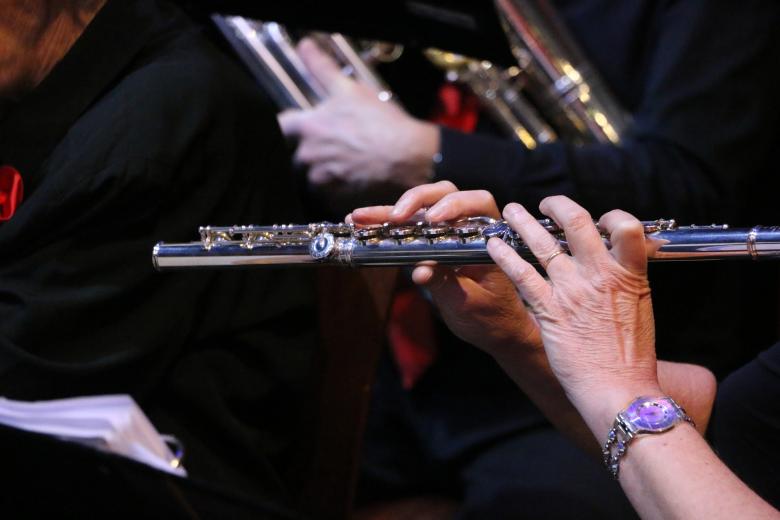
Keynote lecture
Moderator: Peter Peters, MCICM, the Netherlands
Future challenges: Can art make constructive contributions to solving current civil society challenges and what roles can classical concerts or opera performances play in this?
Helmut Seidenbusch, Director for Cultural Education atStiftung Mercator, Germany
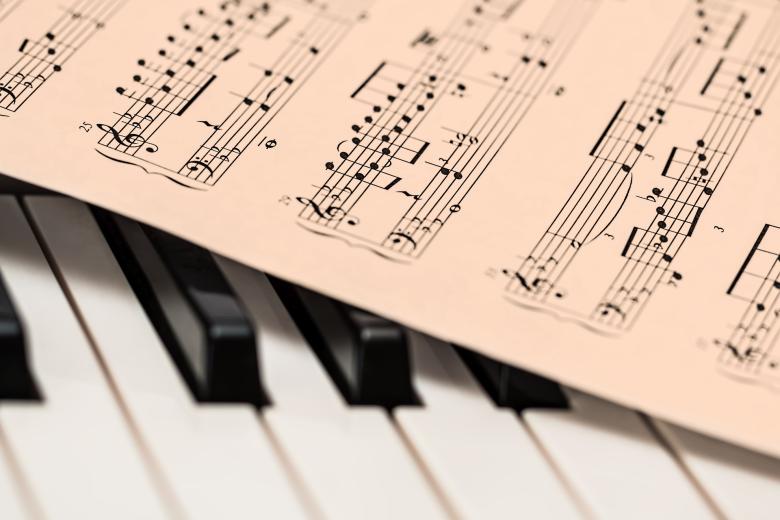
Round table and closing
Moderator: Neil T. Smith, MCICM, the Netherlands
Whose Future?
Speakers:Kirsteen Davidson Kelly, Schottish Chambre Orchestra, UK; George E. Lewis, Columbia University, USA; Maria Hansen, ELIA European Art School Confederation, the Netherlands
Closing remarks by Peter Peters, MCICM, the Netherlands
